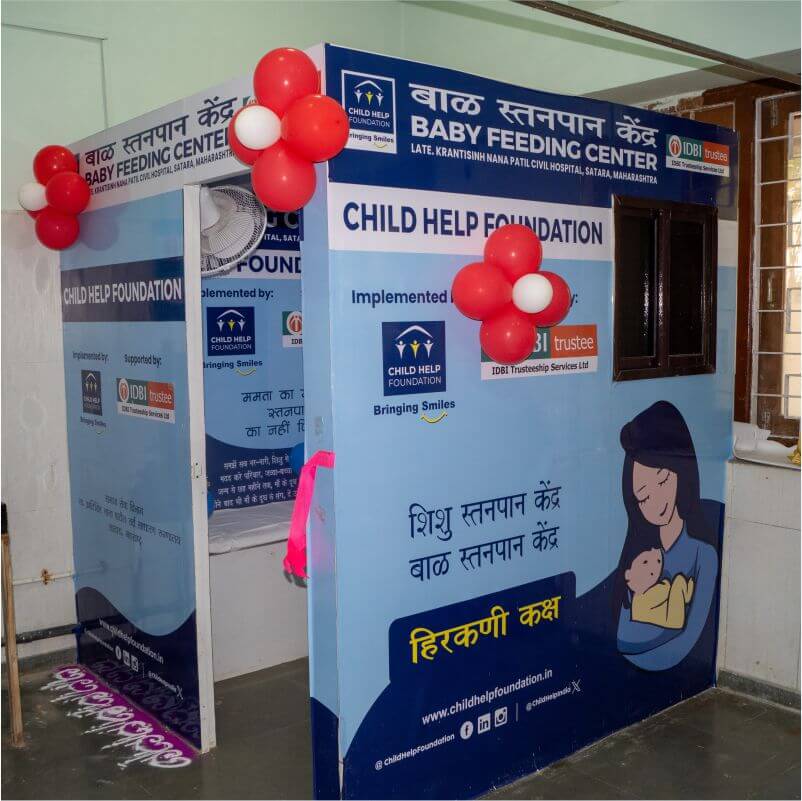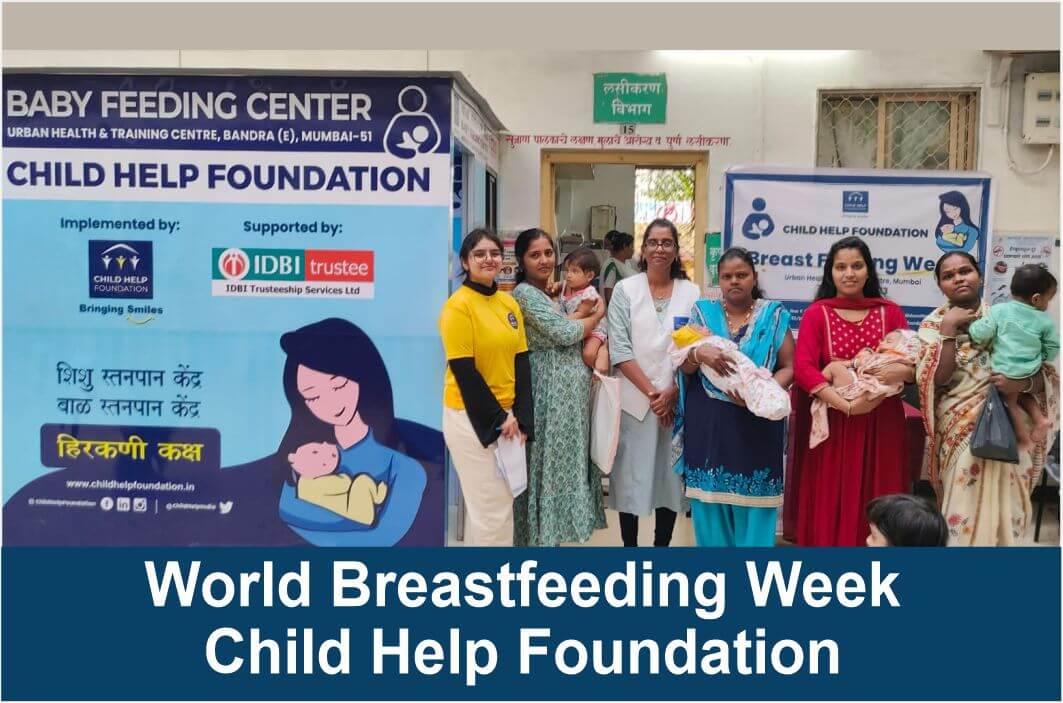Breastfeeding Week is a globally recognised event dedicated to promoting the benefits of breastfeeding and supporting mothers in their breastfeeding journeys. Celebrated annually from August 1 to 7, this week aims to raise awareness about the critical role breastfeeding plays in infant health and development. The World Alliance for Breastfeeding Action (WABA) encourages communities, healthcare professionals, and policymakers to advocate for breastfeeding-friendly policies and practices.
The Theme for 2024The theme for Breastfeeding Week 2024 is "Breastfeeding: A Foundation for Future Generations." This theme emphasises the importance of breastfeeding as a fundamental building block for a healthy future. It underscores how breastfeeding provides essential nutrients for infants and lays the groundwork for lifelong health and well-being. The 2024 theme aims to highlight the role of breastfeeding in shaping the future of individuals and communities by promoting healthier generations and more sustainable practices.
Why is Breastfeeding Important?Breastfeeding is crucial for both infants and mothers. For infants, breast milk provides the optimal balance of nutrients, antibodies, and growth factors essential for their development. It is tailored to meet the specific needs of a growing baby, offering protection against infections and reducing the risk of chronic conditions such as obesity and diabetes later in life. Additionally, breastfeeding fosters a strong emotional bond between mother and child, enhancing the infant's overall emotional and psychological development.
For mothers, breastfeeding offers significant health benefits as well. It aids in postpartum recovery, helps reduce the risk of breast and ovarian cancers, and can contribute to a faster return to pre-pregnancy weight. Breastfeeding also triggers the release of hormones that support maternal bonding and emotional well-being.
Myths and Facts about BreastfeedingSeveral myths about breastfeeding discourage new mothers. One common myth is that breastfeeding is too painful and not sustainable. While initial discomfort may occur, it is usually temporary and can be managed with proper support and techniques. On the other hand, many mothers find that breastfeeding becomes more comfortable and rewarding over time.
Another myth is that breastfeeding alone is not enough to satisfy a baby's hunger. In reality, breast milk is designed to meet all of a newborn’s nutritional needs for the first six months. Frequent feeding also helps establish and maintain an adequate milk supply.
Additionally, some believe that breastfeeding in public is inappropriate or unacceptable. This misconception overlooks the fact that breastfeeding is a natural and necessary part of infant care. Public breastfeeding should be normalised and supported, as it is crucial for both the mother's and the baby's well-being.
How can you create a Breastfeeding-Friendly environment?Creating a breastfeeding-friendly environment involves both societal and personal efforts to support breastfeeding mothers. Here are some key strategies to foster such an environment:
Education and Awareness:Educating the public about the benefits of breastfeeding and dispelling myths can help create a more supportive community. Healthcare professionals, employers, and policymakers should be well-informed about breastfeeding practices and benefits.
Supportive Policies:Implementing workplace policies that support breastfeeding mothers, such as providing designated breastfeeding areas and flexible break times, is essential. Legal protections for breastfeeding in public can also ensure that mothers feel comfortable and supported.
Accessible Resources:Providing access to lactation consultants and breastfeeding support groups can help mothers navigate challenges and gain confidence in their breastfeeding journey. Hospitals and clinics should offer breastfeeding education and support from the moment of birth.
Encouraging Community Support:Building a network of support through family, friends, and community organisations can make a significant difference. Encouragement and practical help from loved ones can ease the breastfeeding process and enhance the mother’s experience.

Baby Feeding Centres installed by Child Help Foundation have benefited 1,18,489 women with safe and private rooms for breastfeeding at railway stations, hospitals, temples, and other public places. These rooms ensure that mothers can nurse their babies in a secure and private environment, free from embarrassment or discomfort.
